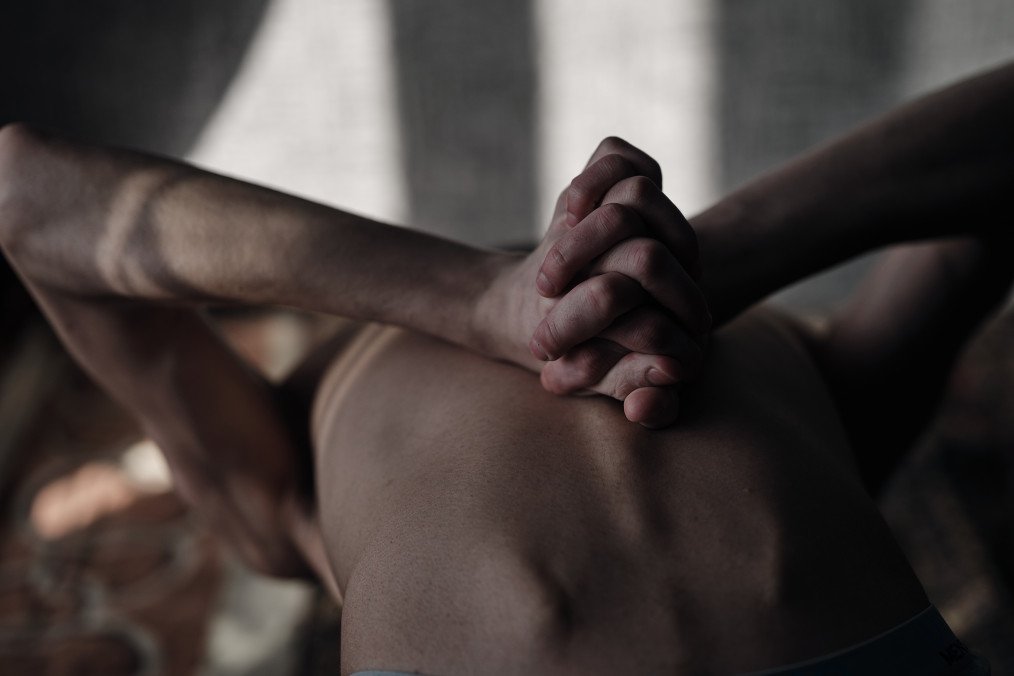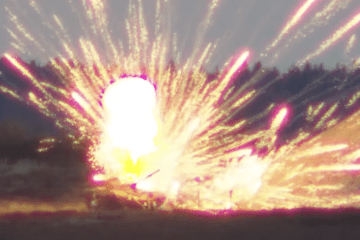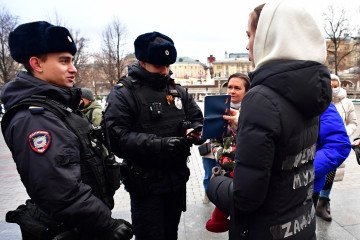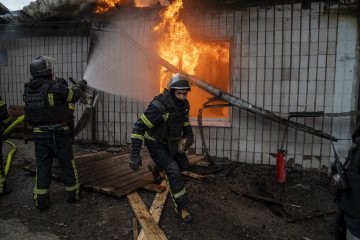- Category
- Latest news
Russian Prisons Are Withholding Medical Care and Engaging in Torture of Ukrainian POWs, Says UN

Russian-controlled prisons are deliberately withholding medical care from Ukrainian prisoners, with doctors in one prison even participating in what has been described as torture, according to a commission mandated by the UN Human Rights Council.
The commission, established by the Human Rights Council to investigate violations in Ukraine since Russia’s invasion, had already determined that Moscow’s occupying forces were using torture on a "systematic" basis.
However, in his oral report to the council, commission chair Erik Mose stated that torture had become a "common and acceptable practice," with Russian authorities acting with "a sense of impunity."
In addition to torture and rape in prison camps or occupied towns, Mose condemned the "lack of adequate medical care for those in desperate need" in Russian-controlled detention centers.
"In one facility, even penitentiary doctors took part in the torture," Mose told the council.
His findings were based on testimonies from former Ukrainian prisoners at the Olenivka prison in Russian-occupied eastern Ukraine.
The Olenivka prison tragedy occurred on July 29, 2022, when an explosion at a detention facility in the town of Olenivka, in the Russian-occupied Donetsk region of eastern Ukraine, resulted in the deaths of dozens of Ukrainian prisoners of war (POWs). These POWs were primarily soldiers from Ukraine’s Azov Brigade, who had surrendered in Mariupol after defending the Azovstal steel plant.
Survivors recounted that "no immediate medical assistance was provided to dozens of others with life-threatening injuries." Only Ukrainian military doctors, also detained at the colony, tried to help the victims. They were forced to work "in the dark and without essential medical supplies, relying on whatever was left in their personal first-aid kits and using bed sheets as bandages," Mose said.
"They witnessed many die that night, as the leadership of the Olenivka colony stood by and watched."
Many of the survivors were left with "serious or irreparable physical injuries and trauma," Mose added, noting that some struggled to reintegrate into civilian life after their release.
"I live in constant fear of being imprisoned again. Physically, I am home, but mentally I remain trapped by the trauma inflicted by the Russians," one former prisoner shared, as quoted in the report.
Mose further noted that a financial crisis within the UN had "severely impacted the staffing of the commission’s secretariat and its ability to conduct field missions."


-72b63a4e0c8c475ad81fe3eed3f63729.jpeg)



-c439b7bd9030ecf9d5a4287dc361ba31.jpg)

-111f0e5095e02c02446ffed57bfb0ab1.jpeg)